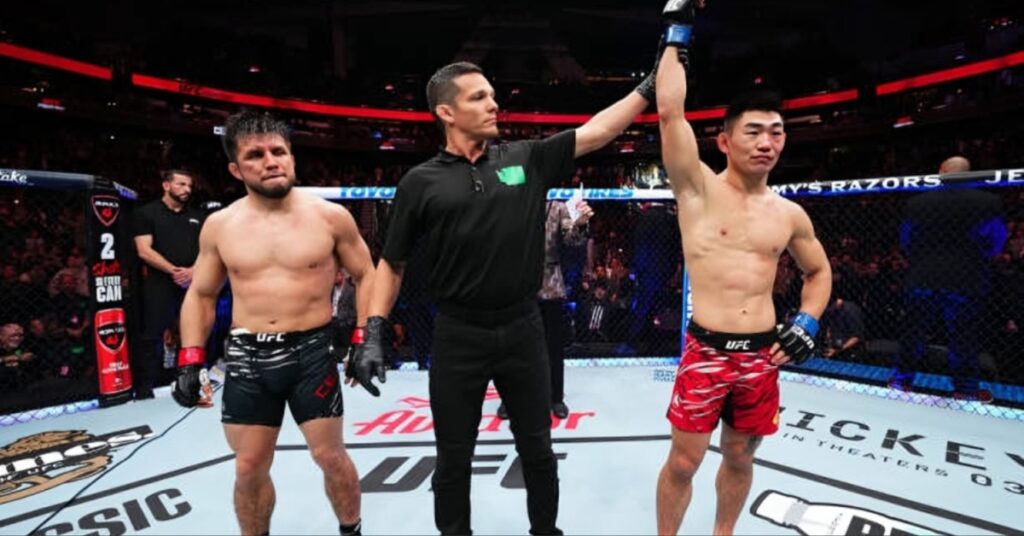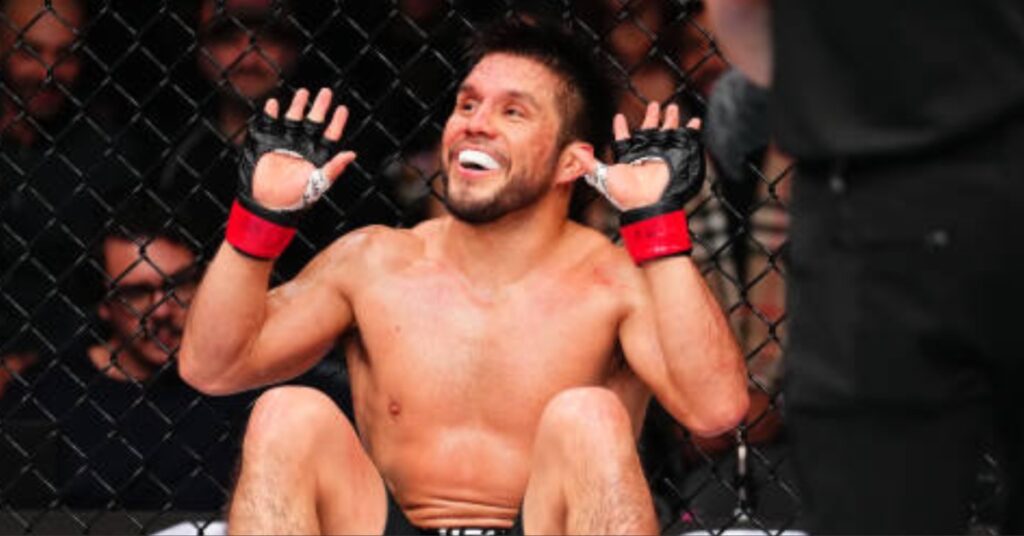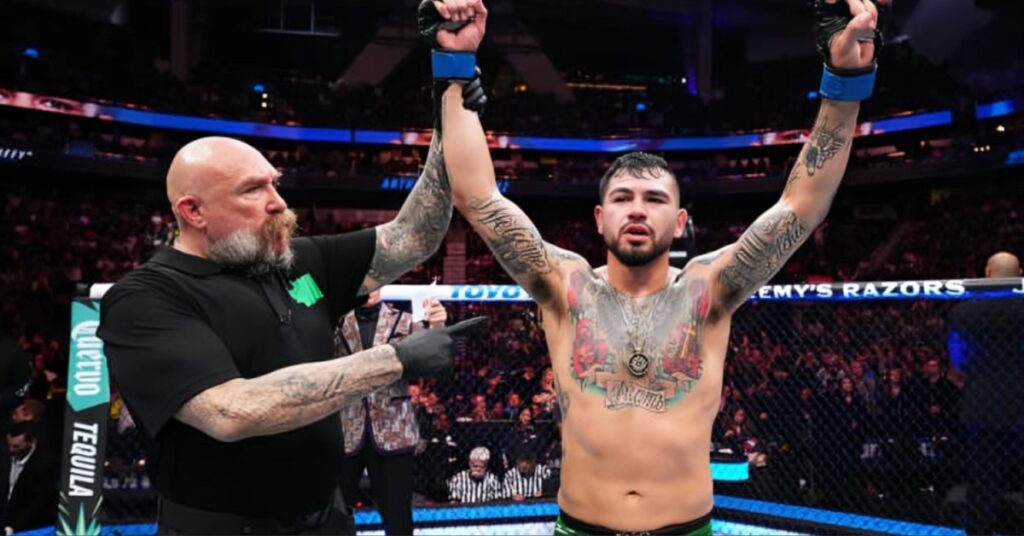Roy Nelson Not Sure If New Drug Testing Policy Will Make A Difference

As 2015 began, it was supposed to be a fresh start for the UFC. After a treacherous 2014 overshadowed with injuries, the UFC came out firing in 2015 with many big events week after week, but they couldn’t avoid problems completely.
Yes the events were fantastic, and the UFC wasn’t hit with the injury bug, but rather the unfortunate drug bug. Multiple big name stars including light heavyweight champion Jon Jones, former middleweight king Anderson Silva, Nick Diaz, and Hector Lombard all tested positive for banned substances in pre or post-fight tests.
Following these cases, UFC president Dana White and CEO Lorenzo Fertitta held a press conference to address the issue, where they announced a new and stricter testing program as well as the possibility of partnering with a third party testing agency.
Many fans, fighters and media members were happy with the changes, as they believed it would lead to a safer and cleaner sport.
However, there may be one fighter who isn’t so sure. Heavyweight knockout artist, Roy “Big Country” Nelson, who is set to meet Alistair Overeem at tonight’s (March 14, 2015) UFC 185, spoke with FOX Sports on the topic. “Big Country” was happy with the new policy, but questioned whether or not it would really make a difference. He also detailed the ambiguous case of out-of-competition testing:
“It’s just one of those things that, I’m happy [about drug testing], but is it really going to make a difference? Because with some of the policies, it’s not really set in stone. Like, you can do cocaine one day and that’s cool because it’s not in-competition… but you’re getting ready for a fight, so it is [in-competition]? It’s just one of those things. You get popped for a steroid beforehand, before the fight actually starts, but we’re still going to let the fight go on? So it really doesn’t really matter – if you catch me, we’re still going to have a fight? So what’s even the sense of having a policy?”
Nelson also believes that the punishment for failing a drug test needs to be changed, which was also talked about at the press conference. The heavy-handed slugger said a one year suspension doesn’t mean too much to a fighter:
“A policy is just like, ‘Hey, I can still fight and just be suspended for a year? If I only fight once a year anyways, who cares?’ If it’d be like, first offense, you’re banned for life, or you’re banned for five years, [then] you’re taking somebody’s money a lot. A year is like, ‘Oh, I fight once a year anyways.’ But if you’re fighting once every five years, then you might think about it. It’s one of those things that it’s definitely, you could put some sting onto it.”
Do you agree, should punishments for testing positive for drugs be increased?






